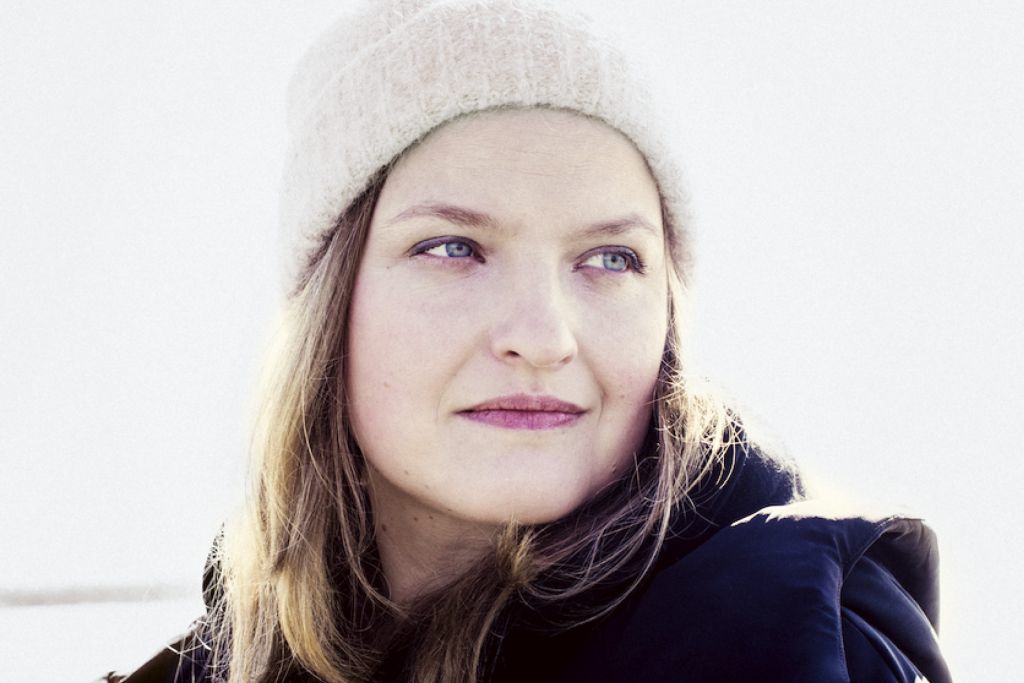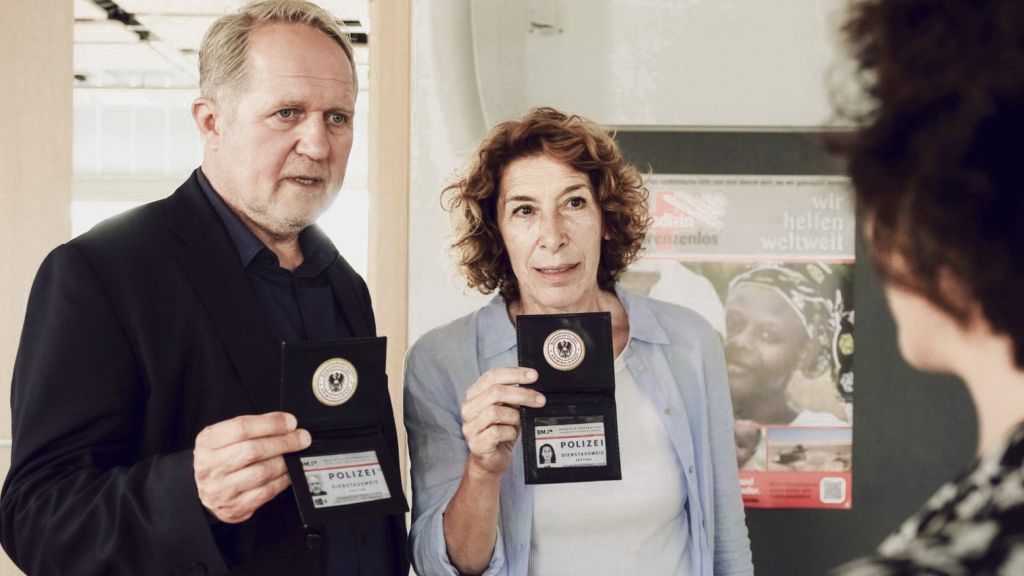Iva Zabkar composed her very first works back when she was a school student—and she’s since succeeded in turning her passion into her profession, having now spent 16 years composing for films and other media while also working as a sound designer.
“When I played one of my own compositions at a school recital, I was told that my music sounded like film music. At the time, I didn’t really know what to do with that—but it was probably fate knocking at the door.” Iva Zabkar attended HIB Boerhavegasse in Vienna, an academic secondary school with an emphasis on music, where she studied piano. A musical career seemed preordained, and after thinking long and hard, she decided to study Music Education for Voice and Instruments (IGP) with an emphasis on popular music keyboard instruments. “It was clear to me that I wanted to do something musical, and becoming a teacher was also a good compromise from my parents’ point of view,” says this versatile musician with a grin. “Back when I began studying music education, I wasn’t yet really able to identify with it as a future profession. But now, I’m very happy and grateful that things turned out the way they did. Teaching is very important to me because it provides me with some balance.”

Even while studying in the IGP programme, however, she began working on some initial composing projects. She describes the 2002 photo exhibition mustografie – die vier elemente by her friend Julia Wesely, for which she composed music, as a key moment: it was her first experience creating music that was closely linked with the visual. “It was in this project that I first realised how I’m fond of combining music and images, that doing so touches me. When I listen to music, I automatically have visions in my head.”
In 2005, even before she began studying composing, she wrote her first piece of film music for the student project AOEO. One year later, she entered the mdw’s Composition and Music Theory preparatory programme, and she was admitted to the regular degree programme the year thereafter. Even at this point in time, Iva Zabkar knew that Media Composition was the specialisation that interested her.
Film music is multifaceted and flexible. It can be something contemporary, a children’s song, or a pop number—really anything at all. That’s what I like so much about it.
She was most fond of composing for film, and she deeply cherishes the memories of her initial projects. “I can’t claim to have any sort of ranking in terms of which film has been most meaningful to me, but it’s probably always the ‘firsts’ that leave me especially touched. Like my very first film AOEO—or Verschwörung, which was my first Viennese Tatort episode. That project is also special to me because it was the first Viennese Tatort with incidental music composed by a woman.”
Iva Zabkar shares a unique connection with the film director and mdw alumnus Umut Dağ: the two celebrated their cinematic debut together with the film Kuma in 2012. “It was a huge coincidence that I wound up participating in that project, and I’m still grateful for it today. We’ve done lots of projects together since then—and because we’ve known each other for so long, the dynamic that ends up arising is always unique to us.” Kuma was followed by numerous other projects together, including her first Tatort episode Rebecca (2016), which reached nearly 11 million viewers when it first aired, and the TV series Die Macht der Kränkung (2021).
This successful composer views communicating with those for whom she’s composing as one of the central aspects of her work. And in this context, her music education background has stood her in good stead. “I’m very grateful for my training as an educator, because it taught me to make sure I pick up my counterparts wherever they happen to be. Not everyone has studied music and can describe what they’re looking for in musical terms—and that’s absolutely okay.” For this reason, one of the most important aspects of her job is to ask what her counterpart is after and translate that into music when she composes. One tip that she has here is to use listening examples that help the people she’s working for to be more concrete about what they’re envisioning.

Her advice for those just beginning to study composition is to do as many projects as possible while they’re still working on their degrees. “I always viewed the projects I did during my studies as additional steps in my training. They represent important experience that you just can’t get in the classroom. You have to try stuff out, and you also need to be allowed to make mistakes.” Networking, too, is of great significance, as this successful film music composer now knows. “There have been a couple instances where I was in the right place at the right time. Talent is important, of course, but you also need to seize on those two, three opportune moments.”
So far, I’ve had good experiences with every director I’ve worked with, and I’ll gladly work with every single one of them again.
As a co-founder of track15 – female composers collective, Iva Zabkar also works to promote the visibility of women in the film music industry. “As a collective, you’re perceived more widely than if you were to just work as individual artists. And in this network, we support each other, provide feedback, and make use of our differing skills. We’ve also already produced collective albums and set up exciting cooperative projects.”
Eva Zabkar is currently working on a production for the German state television broadcaster ZDF, after which she’ll be collaborating with her colleague Sebastian Watzinger on an urban comedy for Austria’s ORF. And with that, at least one thing is certain—that we’ll quite literally be hearing a lot more from this successful mdw alumna.

